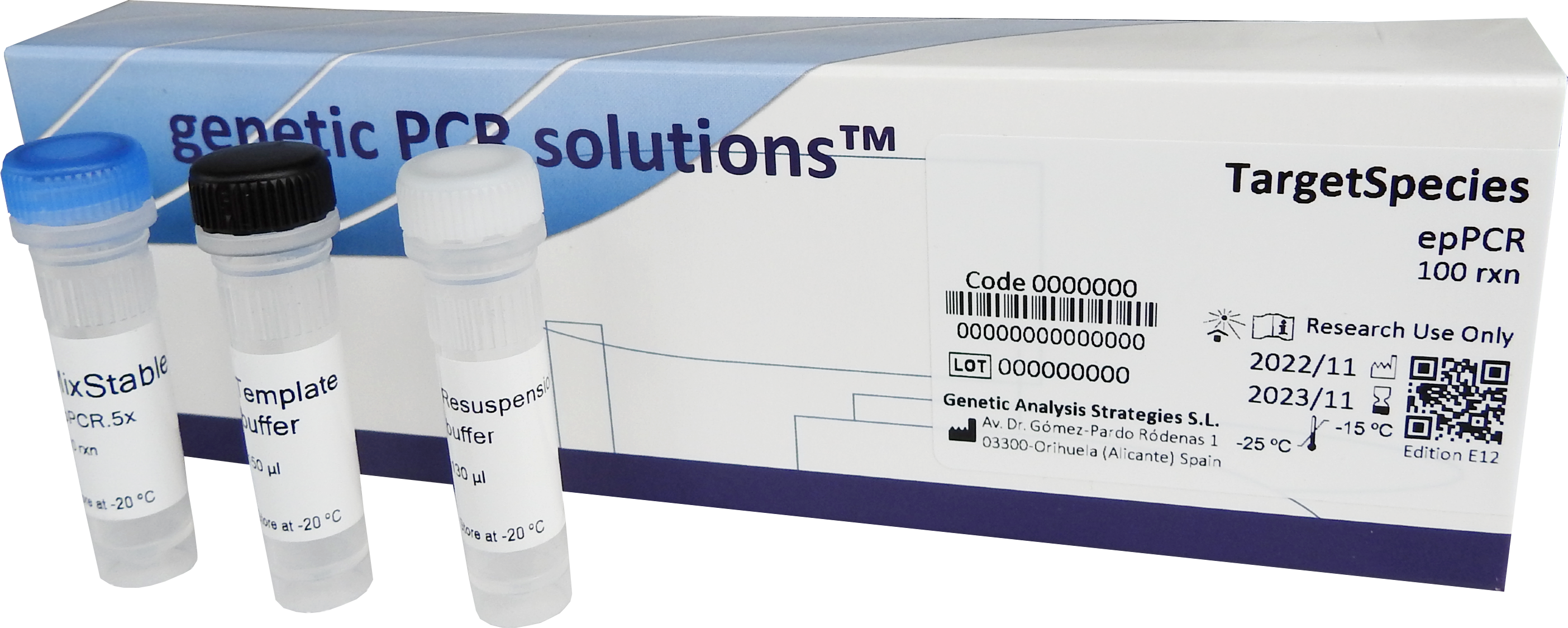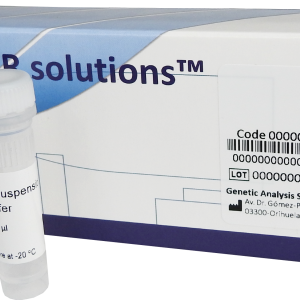Leishmania infantum
Description
The LeiInf epPCR comprises a series of species-specific targeted reagents designed for detection of Leishmania infantum species by using epPCR. Leishmania infantum (syn. L. chagasi) is a flagellated protist and one of the causative agents of the visceral leishmaniasis in the Mediterranean region and in Latin America. Leishmaniasis is a zoonotic disease and wild canids and domestic dogs are the natural reservoir of this organism. Transmission is predominantly vectorborne but vertical transmission between hounds has been confirmed. Visceral leishmaniasis, caused by L. infantum and L. donovani, is the most severe form of human leishmaniasis and it is often lethal if untreated. Visceral leishmaniasis infections are often recognized by fever, swelling of the liver and spleen, and anemia. In dogs, L. infantum, is the most common and important cause of canine leishmaniasis worldwide. Treatment of canine leishmaniasis is less effective than the human, no drug has proven to be consistently curative for visceral leishmaniasis in dogs.
Kit Content and Prices
GPS™ primers and probes are sold for research use only
All GPS™ Kits are available in F100 and MONODOSE Format
GPS™ reagents are compatible with all qPCR devices



